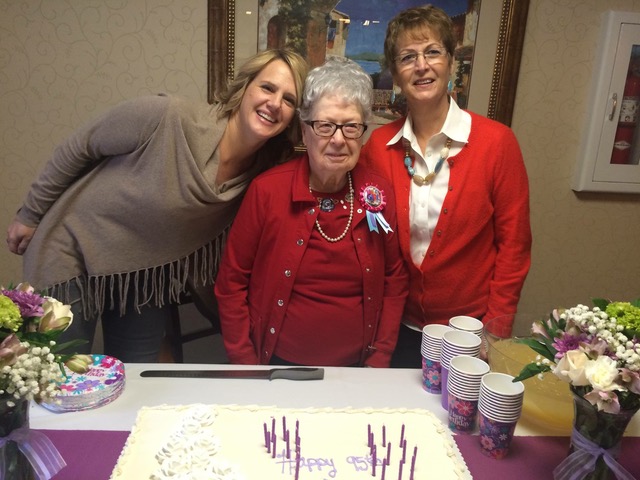Advocating for your elderly loved one is a special responsibility that requires an element of caretaking, yes, but also of understanding that you have the unique privilege of representing someone who simply isn’t as able to negotiate and interrogate a situation as you are. When you step into the role of advocate, you’ll be championing their needs from a place of love. Similarly to creating legal documents and agreements, the first step of this advocacy work is to learn more about your loved one’s wishes. This way, you can file away their preferences and needs in order to fully represent them in varying situations. These wants and needs are likely to evolve over time, so you’ll want to check in with your loved one periodically to get a sense of those changes.
How can I prepare myself for the role of advocate?
First and foremost, relax and remember that the best way to advocate for someone’s needs across many situations – from medical to legal and business-related – is to actively listen. This involves listening to both your loved one and to the involved parties so that you can fully understand the decisions at hand. You’ll be tapping into your empathy and organizational skills regularly, so developing your own system for both will be helpful.
This seems like an expansive role and I’m not sure where to start. What is the best first step that I can take?
The first foundational step you can take is to create a ‘care circle’ you trust, including medical professionals, family members, friends and other service providers. Then, you’ll need to clearly establish the primary point of communication within the group. As situations have a likelihood of becoming more complicated over time, it’s critical that especially within a family, the point of contact has been very clearly defined and communicated to all involved. You cannot be your loved one’s best advocate if you’re working with fragmented information or if you’re not consulted first by medical professionals or doctors. Clarity is key. If this is not a responsibility you’ll be managing yourself, then discuss this within the team you’ve established so that you and your loved one can trust in your choice.
What is the most important thing for me to remember as I step into these responsibilities?
The most important reminder to yourself while acting as an advocate for someone else is that while you have usually viewed situations through the lens of your own preferences and opinions, you will need to shuffle that outlook and prioritize the needs and wishes of someone else.
What are a few suggestions for being ready to advocate for my loved one in a variety of situations?
While we want to approach many situations from a spirit of generosity, there may be times when you’ll encounter a more difficult instance when you’ll have to stand up more vocally for your loved one’s needs. Do not hesitate to ask questions, follow-up for clarity and request second opinions. You are coming from a place of true care and love for another person, so let that be your guide.
Another useful tactical suggestion is to maintain your own set of notes on your loved one’s ‘baseline’ health status. This way, in the event of an unanticipated medical incident, you’ll be able to clearly explain and identify behaviors that might be new or different from their most recent ‘normal’ functioning.




